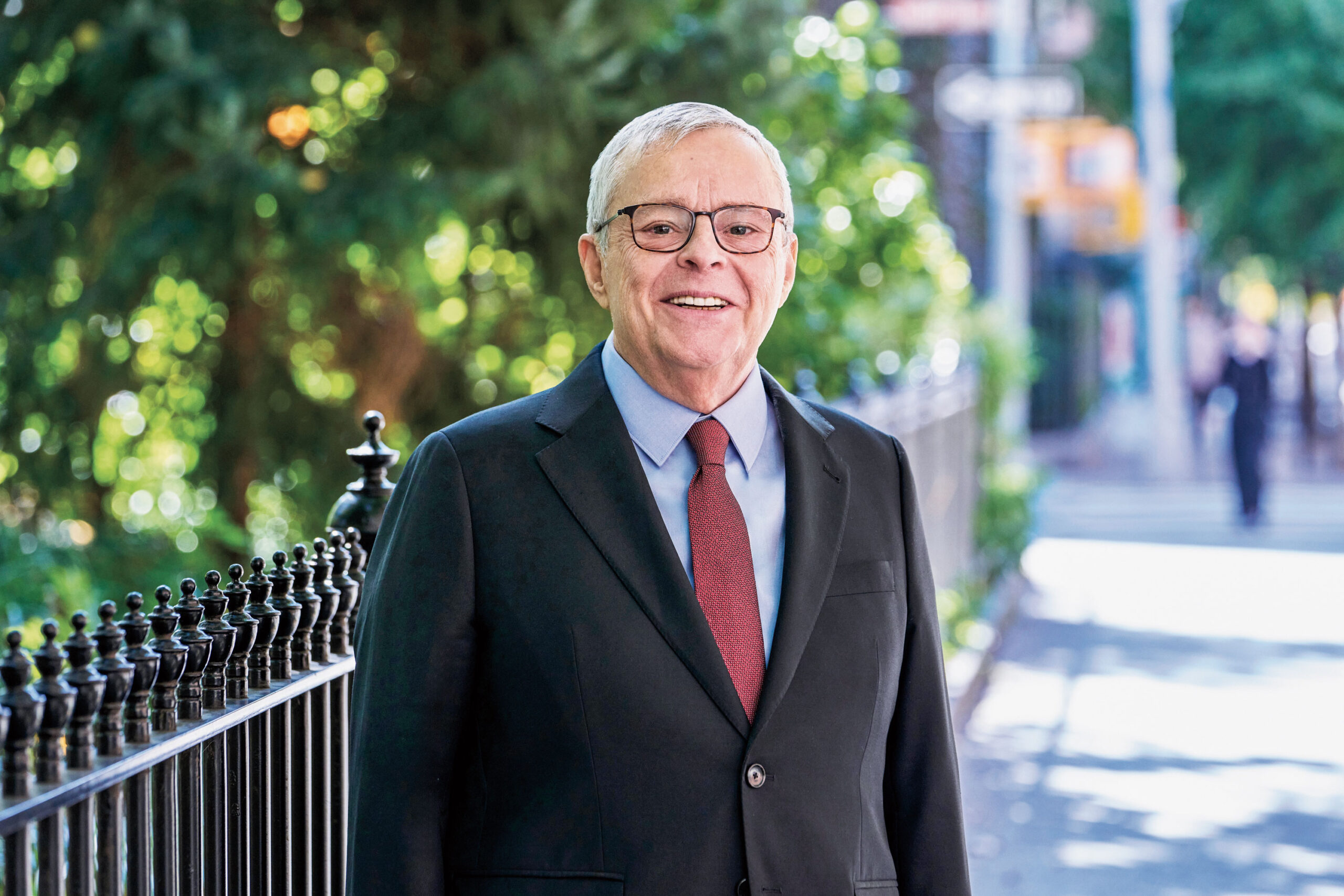
Sam Estreicher is the Dwight D. Opperman Professor of Public Law at NYU School of Law, where he directs the Center for Labor and Employment Law. He served as chief reporter of the Restatement of Employment Law (2015).
I link to an amicus curiae brief that was filed Friday in the Ninth Circuit appeal, Chamber of Commerce of the United States v. City of Seattle, No. 17-35640, with the help of Matthew J. Segel and Kymberly K. Evanson of the Pacifica Law Group. The brief offers an alternative ground for affirming the order of the District Court granting the City’s motion to dismiss: the availability of the 1914 Clayton Act’s labor antitrust immunity. The City’s Ordinance is limited to Uber and Lyft drivers who are not “employees” under the National Labor Relations Act (NLRA). Labor’s immunity, which precedes by two decades enactment of affirmative federal legislation like the 1935 NLRA and the 1938 Fair Labor Standards Act, is not based on coverage as statutory employees under these laws. Rather, it turns on whether the individuals seeking shelter under the Clayton Act are “workers” or “laborers”, best defined as individuals who are principally providers of their own services, without significant capital investment, for companies — in this case called “driver coordinators” like Uber and Lyft – who make the necessary business decisions. These coordinators, not the drivers, make the principal entrepreneurial decisions as to what to charge for the drivers’ services, what percentage of that charge goes to drivers’ compensation, and the manner in which services are to be provided. Although sometimes the Clayton immunity is referred to one for labor “acting alone,” the reference is to labor not acting in combination in business groups to cartelize non-labor markets, which is not present in this case. The fact that the City has enacted a framework for deciding who shall represent the drivers and resolving disputes over terms and conditions of the provision of their labor does not derogate from the labor-antitrust immunity of the drivers and their representative. The argument in the brief will be presented greater detail in an upcoming article.









Daily News & Commentary
Start your day with our roundup of the latest labor developments. See all
July 4
The DOL scraps a Biden-era proposed rule to end subminimum wages for disabled workers; millions will lose access to Medicaid and SNAP due to new proof of work requirements; and states step up in the noncompete policy space.
July 3
California compromises with unions on housing; 11th Circuit rules against transgender teacher; Harvard removes hundreds from grad student union.
July 2
Block, Nanda, and Nayak argue that the NLRA is under attack, harming democracy; the EEOC files a motion to dismiss a lawsuit brought by former EEOC Commissioner Jocelyn Samuels; and SEIU Local 1000 strikes an agreement with the State of California to delay the state's return-to-office executive order for state workers.
July 1
In today’s news and commentary, the Department of Labor proposes to roll back minimum wage and overtime protections for home care workers, a federal judge dismissed a lawsuit by public defenders over a union’s Gaza statements, and Philadelphia’s largest municipal union is on strike for first time in nearly 40 years. On Monday, the U.S. […]
June 30
Antidiscrimination scholars question McDonnell Douglas, George Washington University Hospital bargained in bad faith, and NY regulators defend LPA dispensary law.
June 29
In today’s news and commentary, Trump v. CASA restricts nationwide injunctions, a preliminary injunction continues to stop DOL from shutting down Job Corps, and the minimum wage is set to rise in multiple cities and states. On Friday, the Supreme Court held in Trump v. CASA that universal injunctions “likely exceed the equitable authority that […]